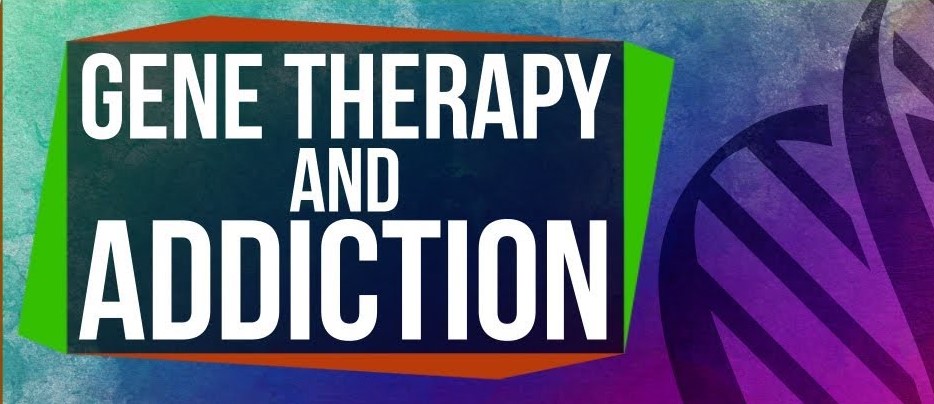Smokeless Nicotine Pouches
Nicotine pouches are smokeless products that deliver nicotine through the mouth’s lining, stimulating dopamine release to manage dependency. While they reduce smoking risks, they may cause side effects like mouth irritation and headaches. Ethical concerns revolve around their role in harm reduction versus addiction. Self-management strategies include gradual nicotine reduction and craving control, while family … Read more



